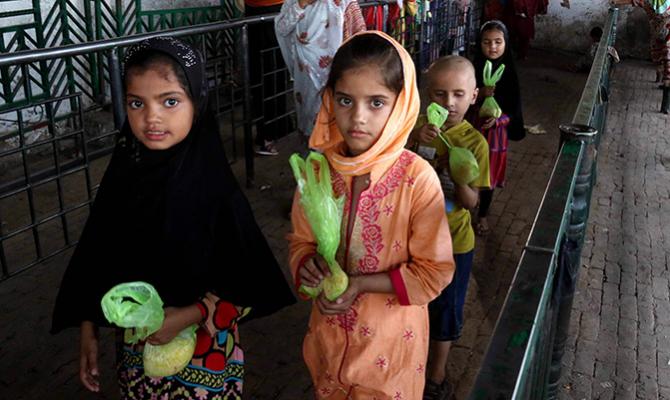
RCEP claims to be a “21st century” trade agreement, addressing modern trade issues. Yet the major 21st century threats to communities – climate change and vast and deepening inequalities – will be aggravated by the agreement. By limiting the power of governments to govern in the interests of the community and environment, and cementing a regulatory framework designed to advance the interests of multinational corporations and only the wealthiest people, trade and investment agreements deepen gender inequalities.
RCEP will be beneficial for very few people but will do particular harm to populations that are most excluded by capitalist economics – women, indigenous peoples, migrants and those without capital or political power. If nations in the Asia-Pacific are genuinely committed to meeting the human rights commitments they have made to women, they will not proceed with RCEP and instead urgently implement economic policies designed to redistribute power, resources and wealth between men and women, and between rich and poor.
Kate Lappin is regional coordinator of the Asia Pacific Forum on Women, Law and Development, a network of 220 women’s rights organizations and movements across the Asia-Pacific region.







%20resized.png)
